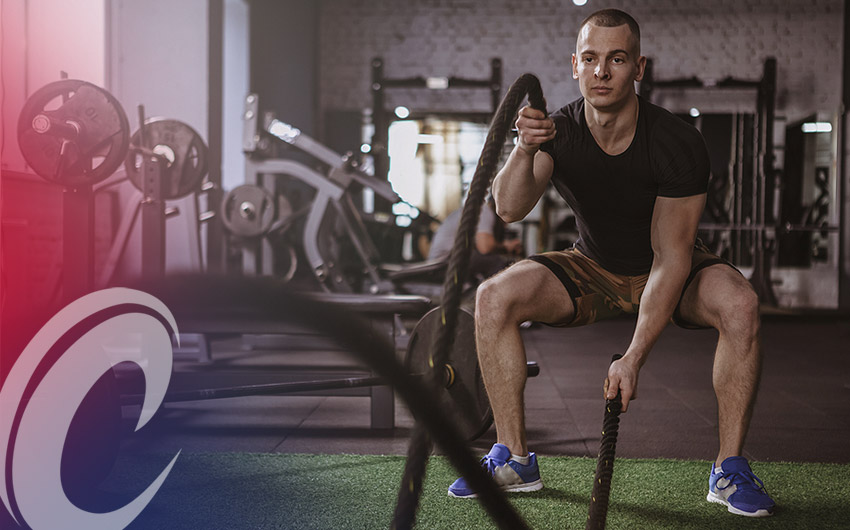Sports injuries or mishaps can be very stressful both physically and mentally. In the United States, there are approximately 30 million teenagers and children who participate in some form of organized sport. Of those, about three million athletes age 14 years and under experience a sports injury annually. Sports injuries vary in their severity and length of recovery.
The worst thing that an athlete can do is allow that injury to control how he or she thinks. Overall, injuries can affect a player’s motivation, confidence, self-identity, and performance anxiety. If one or more of these attributes are triggered, this can lead to poor rehabilitation compliance, thus causing poor performance once back on the field of play.
Here are some helpful tips to avoid setbacks and begin taking control over ones body and injury.
- Effort: Make sure that when you are rehabbing back from an injury that you put in as much effort getting stronger and gaining stability with your injury, just like you would at practice. This is key if you want to be able to head back onto the field better than when you came off.
- Neutral to Positive Headspace: It is important to try and consistently have an open, neutral or positive headspace. This means that when healing is slow or when rehab is hard, it is important not to talk negatively to yourself. This will mentally set you back and create a lack of confidence in your abilities. This is not what you need to have when you head back out to play. Try and shift your thinking to a more neutral or positive tone to help facilitate your mental healing along with your physical healing.
- Be Present: Try to attend all your practices, games, and team meetings so you don’t miss out on anything. Even though you may not be able to practice at full capacity, it is still important that you are with your team. This will help with the loss of self-identity. Staying at home and not attending these events can really separate you from your team and may make it difficult for you once you return. Even though you may still be on the sideline, you can still learn from watching and listening.
- Listen: Listen to your body. Know that pushing yourself past your limit of pain can be detrimental to your healing process, thus setting you back even further. It is OKAY to slow down and not push yourself beyond what you can handle, your body will probably be happy that you listened to it.
By taking things slow, setting realistic goals, and maintaining a positive, focused approach, most athletes can overcome minor injuries quickly and major injuries in time. It is also key to you see your doctor for a proper diagnosis and treatment plan for any injury. Our team members are trained in specific treatment protocols to help athletes break through all aspects of sports related injuries.
Robyn Antoyan is a certified Athletic Trainer at Compete Sports Performance and Rehab in Orange County, CA. She received her Masters Degree in Sports Psychology from Fresno State University

